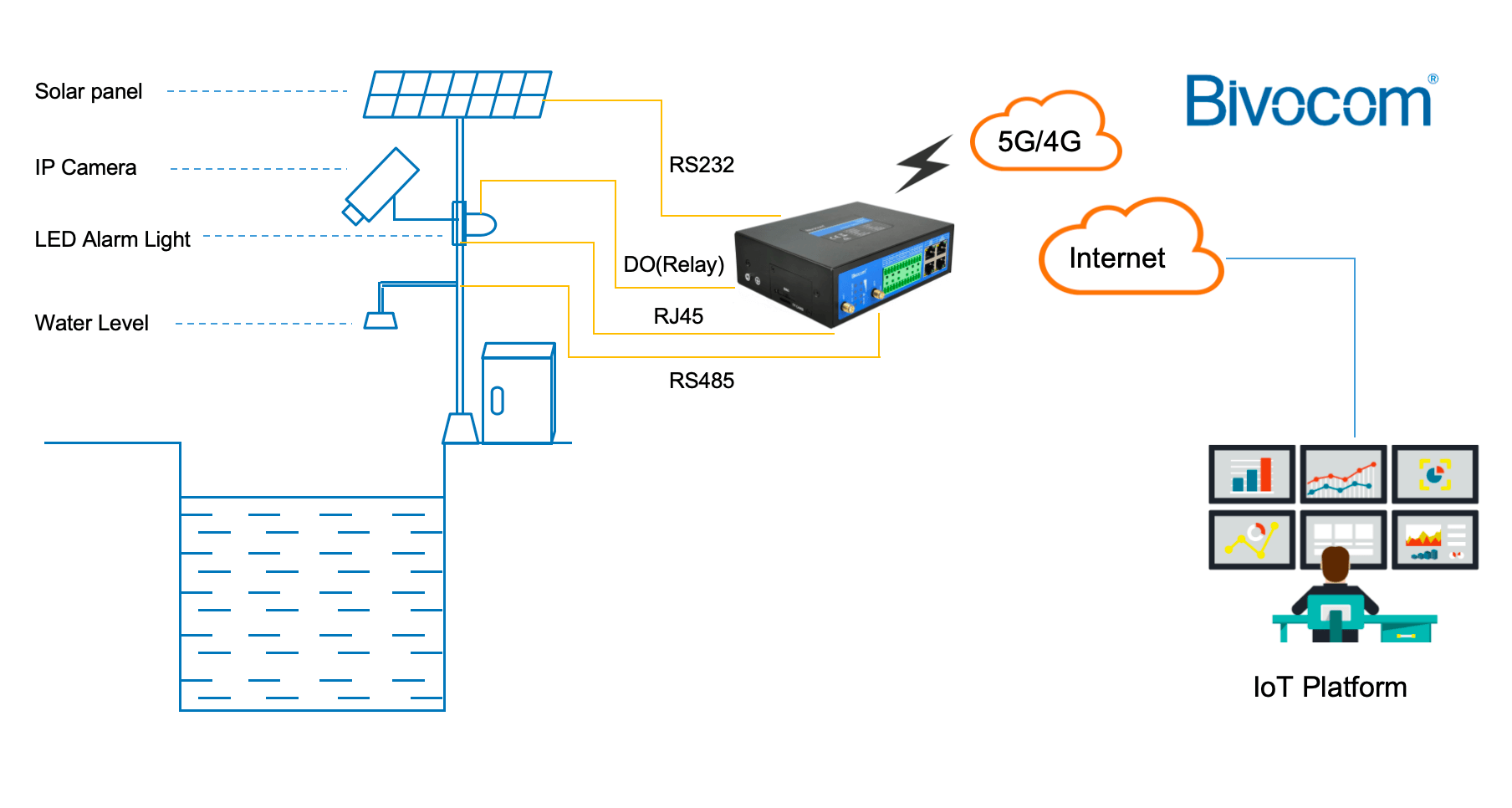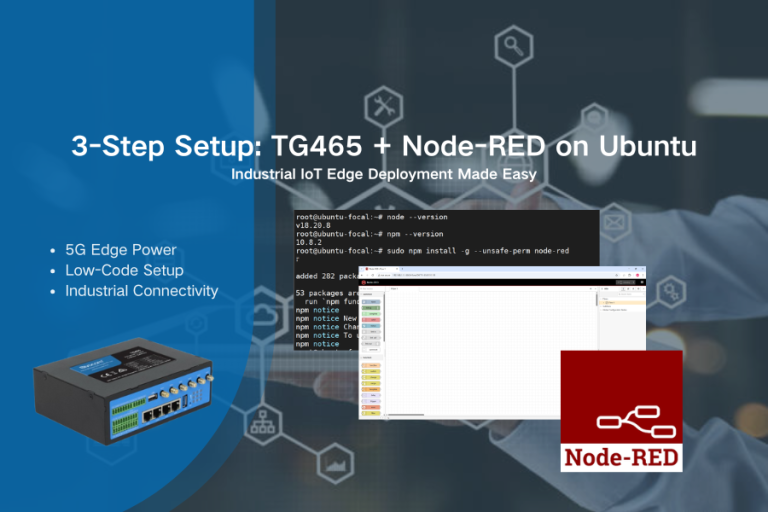IoT Gateway with Ubuntu: Empowering Smart Connectivity
Introduction
As the Internet of Things (IoT) continues to expand, the need for robust, flexible, and efficient gateways becomes increasingly essential. An IoT gateway acts as a bridge between IoT devices and the cloud, enabling smooth data transmission and intelligent processing. One of the best platforms for developing and deploying IoT gateways is Ubuntu, a versatile and widely-used open-source operating system. This article explores the advantages of using Ubuntu for IoT gateways and how it can revolutionize your IoT solutions.
What is an IoT Gateway?
An IoT gateway is a device or software platform that enables communication between IoT devices and cloud services. It collects, processes, and transmits data, supporting various protocols and managing device connections. An effective IoT gateway ensures low latency, enhances security, and facilitates local data processing.

Why Choose Ubuntu for IoT Gateways?
1. Open Source Advantages:
Being open-source, Ubuntu allows developers to customize and modify the OS according to specific project needs. This flexibility is crucial in IoT applications where diverse devices and protocols are involved.
2. Rich Ecosystem:
Ubuntu supports a vast array of libraries, frameworks, and tools tailored for IoT development. From Python and Node.js to machine learning libraries, developers have access to a wealth of resources.
3. User-Friendly Interface:
Ubuntu offers a user-friendly interface, making it easier for developers to set up and manage their gateways, whether they are using Ubuntu Server or Ubuntu Core, designed specifically for IoT applications.
4. Robust Community Support:
With a strong community of developers and users, Ubuntu provides extensive resources, troubleshooting support, and documentation, which can be invaluable when navigating challenges.
5. Security Features:
Ubuntu incorporates various security measures, including regular updates, built-in firewalls, and user permissions, which are vital for safeguarding data and devices in an IoT environment.
Setting Up an IoT Gateway with Ubuntu
To illustrate how to set up an IoT gateway using Ubuntu, let’s walk through some essential steps:
1. Choose Your Ubuntu Version:
Depending on your needs, select between Ubuntu Server or Ubuntu Core. Ubuntu Core is particularly suitable for IoT devices due to its lightweight nature and package management system (snap).
2. Installation:
Download the chosen Ubuntu version and follow the installation guide. Ensure you have the necessary hardware that meets the specifications for your IoT devices.
3. Configure Network Settings:
Set up the network connection to ensure your gateway can communicate with IoT devices and the internet. This may involve configuring Wi-Fi or Ethernet settings.
4. Install IoT Frameworks:
Depending on your project requirements, you can install various IoT frameworks such as:
Node-RED: A flow-based programming tool for wiring together IoT devices.
MQTT: A lightweight messaging protocol for small sensors and mobile devices optimized for high-latency or unreliable networks.
IoT Platform: For visualization of data collected from IoT devices.
Develop and Deploy Applications: Create applications that leverage data processing, analytics, and local decision-making capabilities. Python or JavaScript are popular choices for developing these applications.
5. Secure Your Gateway:
Implement security protocols such as encrypting data in transit and using secure authentication methods to protect your IoT ecosystem.
Use Cases of Ubuntu-Based IoT Gateways
1. Smart Homes:
Ubuntu can be the backbone of a smart home gateway, managing devices like smart lights, thermostats, and security systems while enabling remote control and automation.
2. Industrial IoT:
In manufacturing, an Ubuntu-powered gateway can monitor machinery health, optimize production processes, and analyze real-time data for predictive maintenance.
3. Agriculture:
Farmers can use IoT gateways built on Ubuntu to collect data from sensors monitoring soil conditions, weather, and crop health, enhancing agricultural productivity.
4. Healthcare:
IoT gateways can facilitate remote patient monitoring, collecting and transmitting health data to healthcare providers, improving patient outcomes.
Conclusion
Utilizing Ubuntu for IoT gateways offers a robust, flexible, and secure platform that can handle the complexities of IoT communication effectively. With its open-source nature, rich ecosystem, and strong community support, Ubuntu is an excellent choice for developers looking to create intelligent IoT solutions. As the IoT landscape continues to evolve, harnessing the power of Ubuntu will undoubtedly enhance connectivity, efficiency, and innovation in numerous applications.
By adopting and deploying IoT gateways with Ubuntu, businesses and developers can unlock new possibilities and drive the future of smart technology.





Comment